Oakland County Cities Prevail in Legal Battle Over Cannabis Ballot Questions

A recent ruling by the Michigan Court of Appeals has blocked ballot proposals in four Oakland County cities—Farmington, South Lyon, Sylvan Lake, and Wixom—that sought to allow cannabis retailers to operate within their limits. The court decision upholds the cities' efforts to keep these proposals off the November ballot.
The dispute centers around attempts by local ballot committees to amend city charters to permit two adult-use cannabis retailers in each city. The cities argued that these proposed amendments violated state law, specifically Michigan's cannabis regulations, and would improperly limit municipal authority over local business regulation. The proposed amendments also contained zoning and administrative provisions that, according to the cities, would strip them of their ability to manage business regulations and improperly favor the cannabis industry.
Judges Michelle Rick, Michael Kelly, and Philip Mariani agreed with the cities, ruling that voter-initiated petitions cannot be used to amend city charters to establish regulatory and licensing frameworks for cannabis businesses. The court emphasized that under Michigan's marijuana law, local regulations are allowed within specific parameters, but using a charter amendment to create a regulatory scheme exceeds what is legally permissible.
"The state marijuana act permits local regulations within certain set parameters, and to honor that intent, local regulation must be permitted within those parameters," the court wrote. The ruling reaffirmed the trial court's earlier decision, concluding that voter-initiated charter amendments are not a valid way to implement local cannabis regulations under the state's marijuana laws.
The court further clarified that the Michigan Regulation and Taxation of Marihuana Act (MRTMA) only allows voter initiatives in a limited capacity—specifically, when voters seek to prohibit or set the number of cannabis retail businesses in a community. The act does not extend the same authority to more detailed regulatory or zoning proposals, such as those in the contested ballot initiatives.
John Fraser, attorney for the ballot question committees, declined to comment on the Court of Appeals decision.
The legal battle began in July when the four cities filed a lawsuit in Oakland County Circuit Court, seeking to have the ballot proposals rejected. On August 8th, Judge Nanci Grant ruled in favor of the cities, stating that the requests made in the proposals went beyond the limits of state law. She noted that the ballot measures attempted to alter city charters in a way that conflicted with existing zoning ordinances and police powers granted to municipalities.
Judge Grant pointed out that Michigan's cannabis law is clear about the limits of voter-initiated petitions, which are confined to ordinances that either ban cannabis businesses or set the number of establishments allowed. Proposals that attempt to amend city charters to bypass these limitations, she said, are inconsistent with both the MRTMA and the Home Rule City Act (HRCA).
Despite the court rulings, the committees behind the ballot initiatives filed a counter-lawsuit, arguing that they were acting to safeguard the rights of voters. They claimed the cities were unjustly preventing the electorate from deciding on the issue, accusing the municipalities of "unlawful interference" and asserting that the cities' refusal to allow a vote was based solely on their opposition to the content of the petitions.
The legal tug-of-war is part of a broader conflict in Michigan, where municipalities have the authority to determine whether to permit recreational cannabis businesses. Since Michigan voters legalized cannabis in 2018, several cities have been involved in legal disputes over local licensing and zoning for cannabis businesses. Similar attempts to force cities to allow cannabis retailers have been seen in places like Rochester, Keego Harbor, Grosse Pointe Park, Birmingham, and Troy, though many of these efforts have been unsuccessful. Voters in Grosse Pointe Park, Keego Harbor, Rochester, and Birmingham rejected cannabis-related ballot initiatives, while Troy's initiative failed to make it onto the ballot at all.
As the legal landscape around cannabis continues to evolve, the ruling underscores the limited scope of voter influence over local cannabis regulations and reaffirms municipalities' rights to control how and where cannabis businesses operate within their boundaries.
Share this article:
Spotted a typo, grammatical error, or a factual inaccuracy? Let us know - we're committed to correcting errors swiftly and accurately!
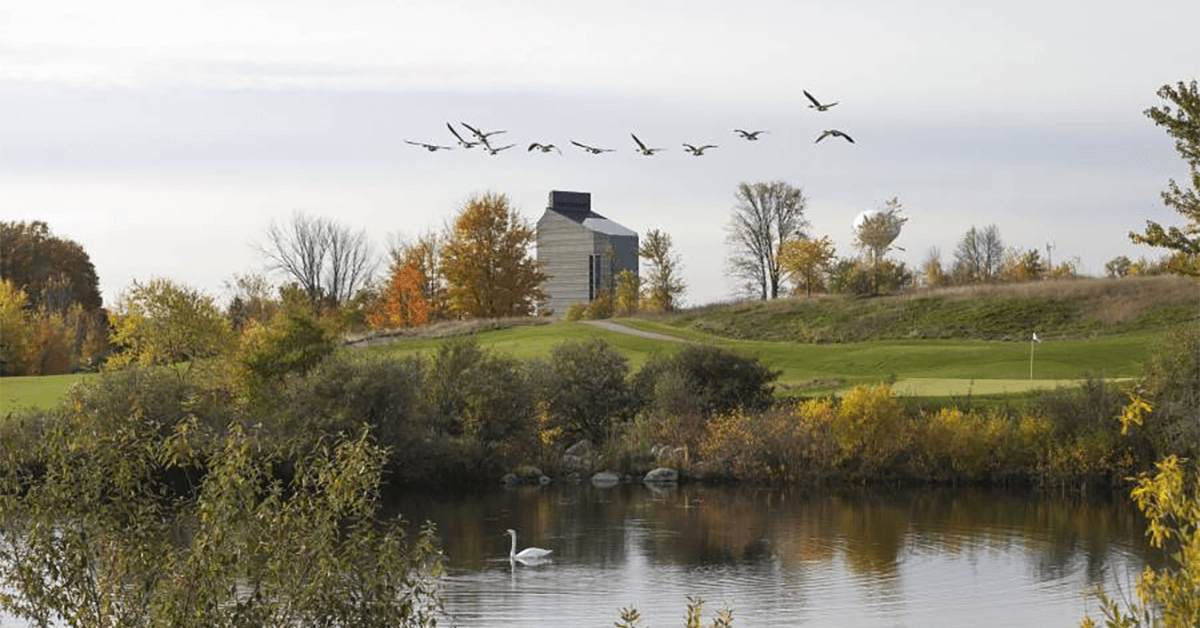
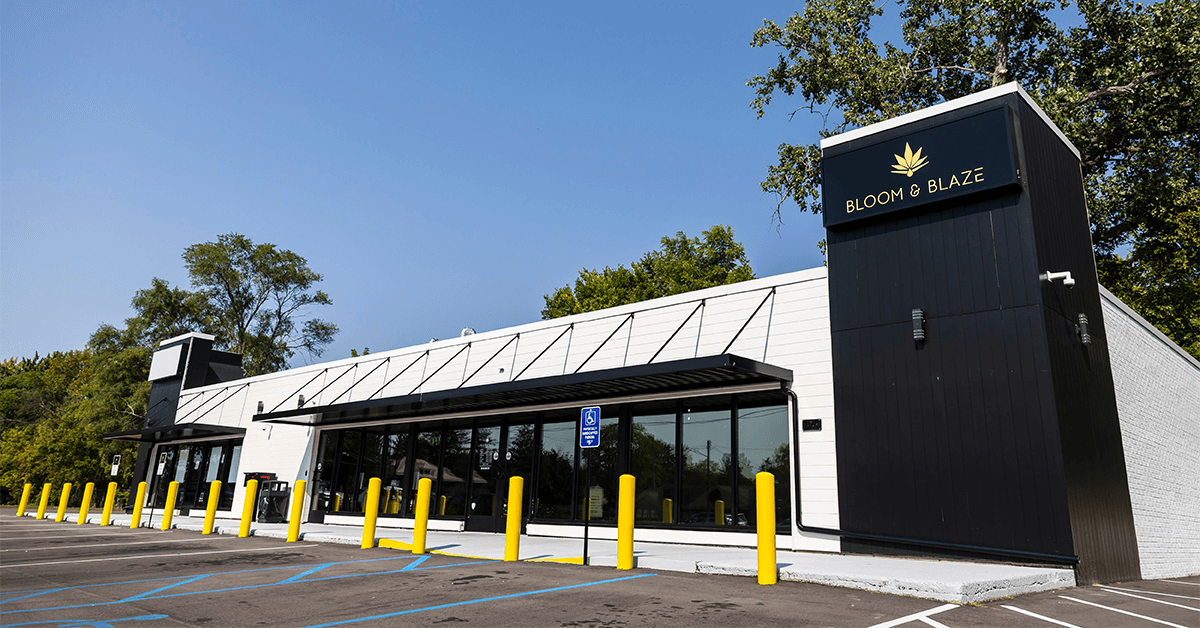
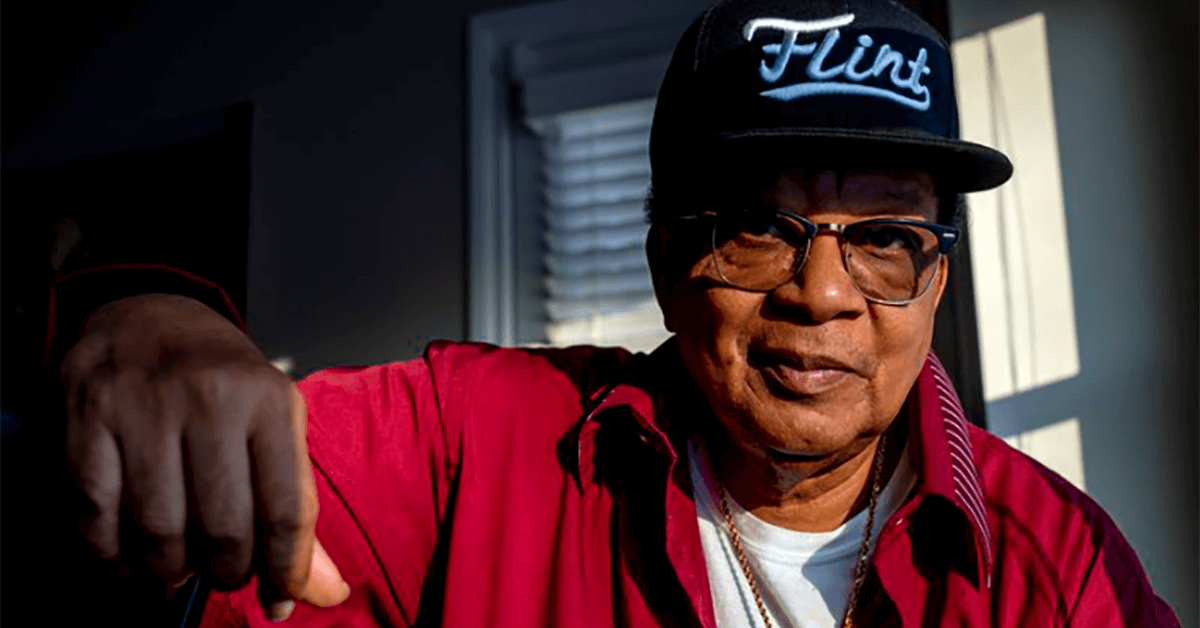
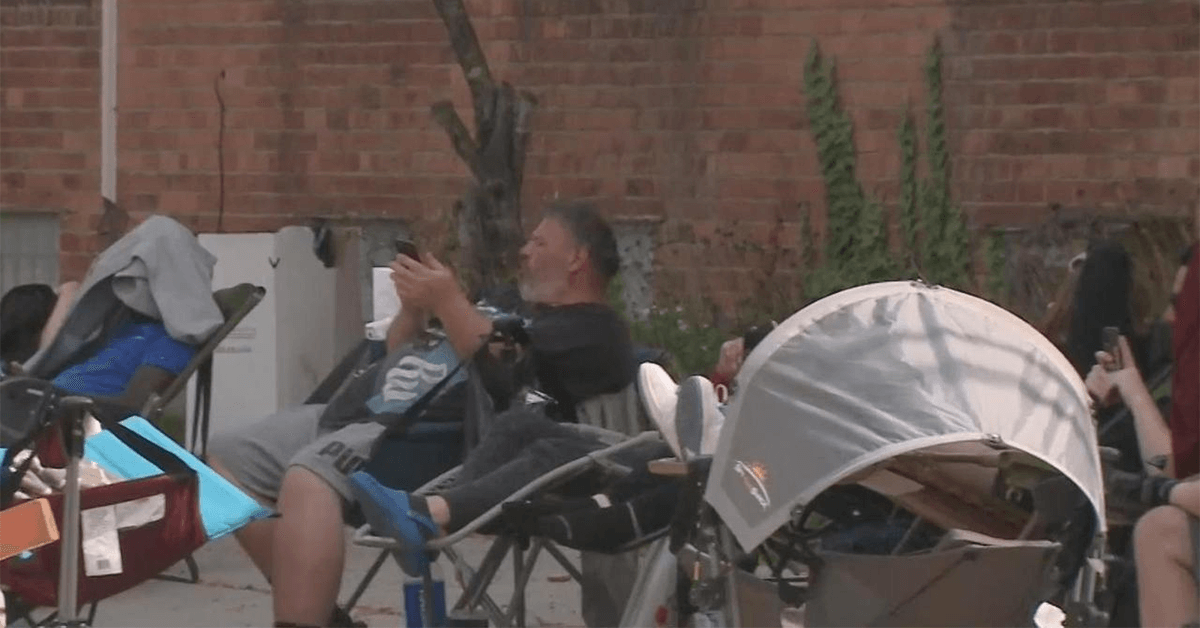
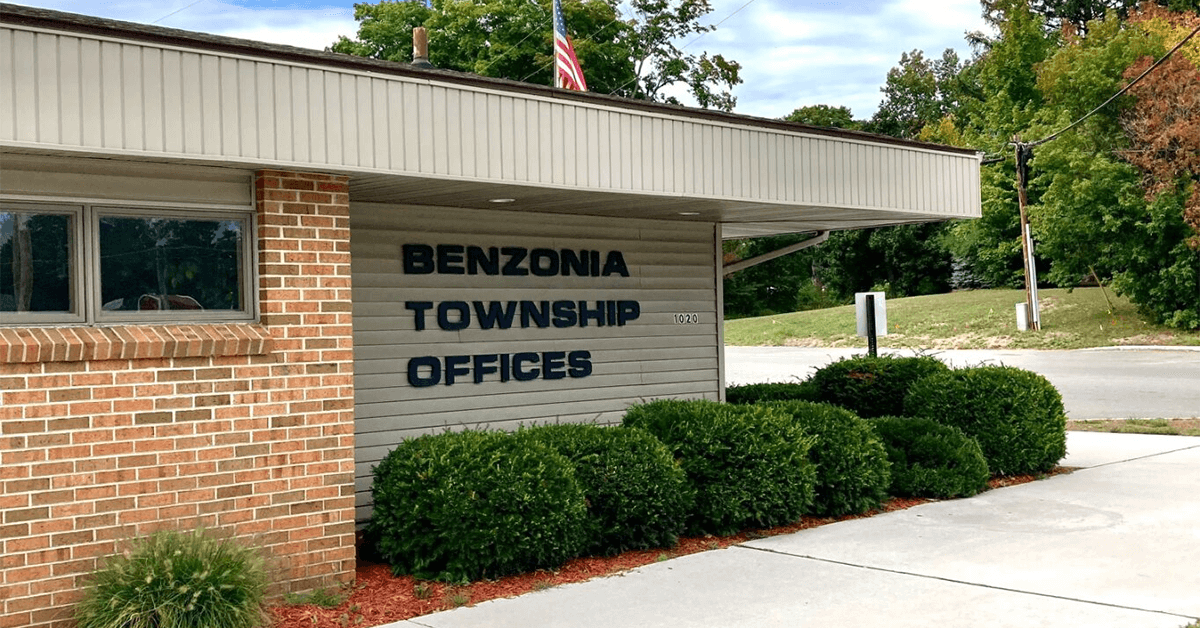
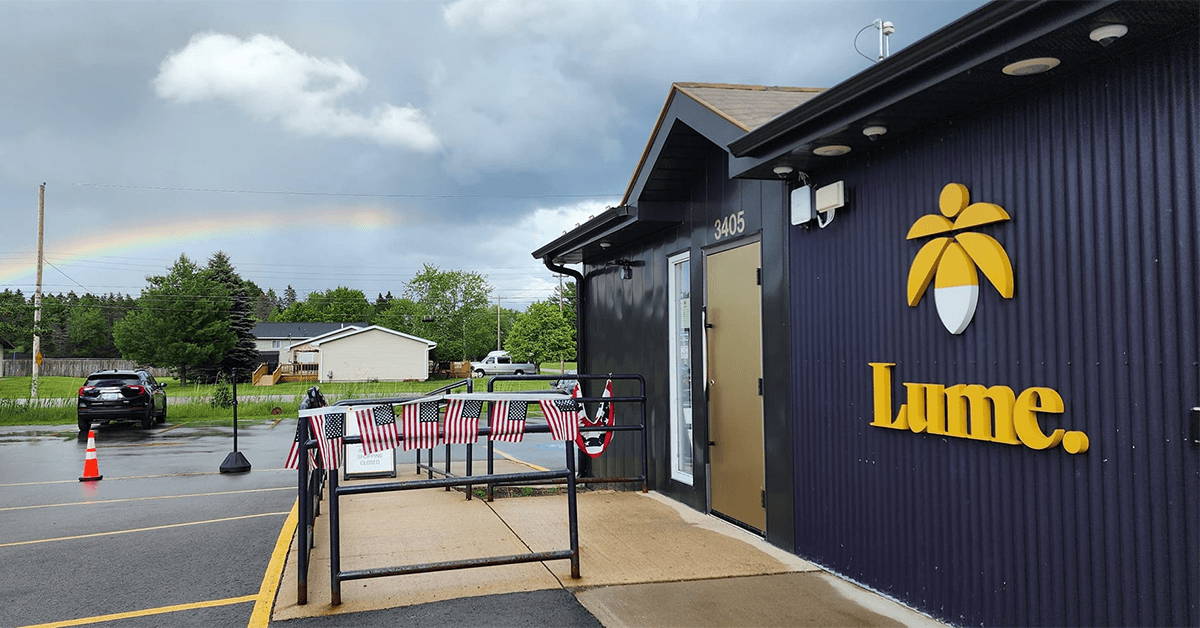


 Helpful Links
Helpful Links